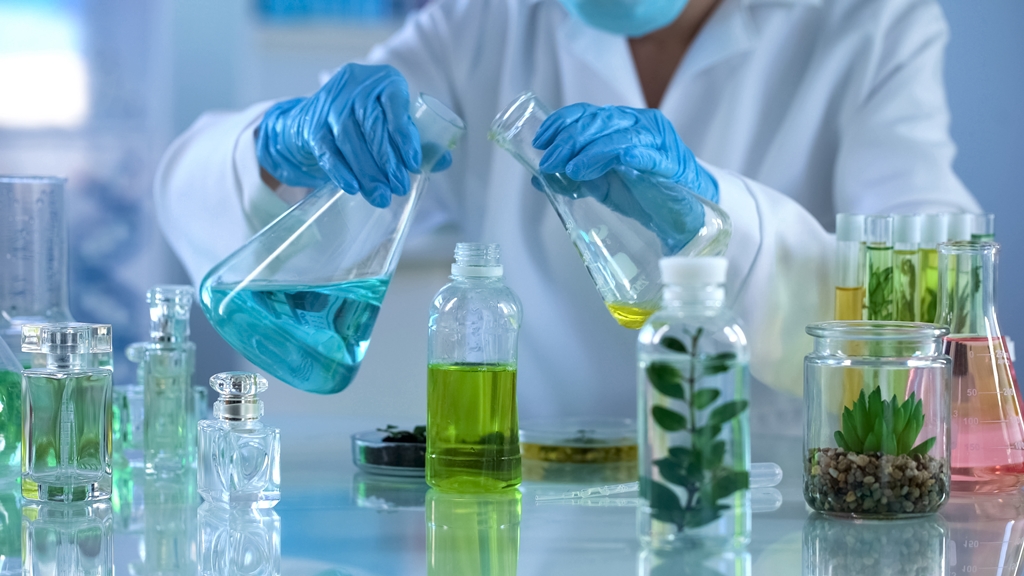The United States Food and Drugs Administraton (FDA) has proposed a new draft guidance for the use of nanotechnology by food industry to ensure that companies using tiny engineered particles will provide extra testing data to prove the safety of the products.


The United States Food and Drugs Administraton (FDA) has proposed a new draft guidance for the use of nanotechnology by food industry to ensure that companies using tiny engineered particles will provide extra testing data to prove the safety of the products.
The regulatory body said that using nanotechnology in a product’s manufacturing process can affect its safety, as well as its regulatory status.
According to the FDA, manufacturers should consult with the agency before releasing the products using the technology to market, as food products containing nanoparticles may need more scrutiny.
The agency also mandated a new regulatory filing in situations when manufacturing changes result in nanoscale dimensions of food ingredients, food contact substances (FCSs), and color pigments – particularly if the substance is already released into the market.
The primary point in FDA’s new draft guidance on the use of nanotechnology in food is to ascertain whether use of nanotechnology in manufacturing food ingredients, FCSs, including packaging and pigments, may affect the safety of the end product.
FDA commissioner Margaret Hamburg said that understanding nanotechnology remains a top priority for the agency.
The draft guidance said that nanoparticles are generally understood to be those materials that have been intentionally manipulated, manufactured or selected to have at least one dimension in the size range of about 1 to 100 nanometers.
"We are taking a prudent scientific approach to assess each product on its own merits and to not make broad, general assumptions about the safety of nanotechnology products," Hamburg added.
In a separate guidance, the FDA also proposed rules for the use of nanotechnology in cosmetics such as skin moisturizer and mineral make up.
However, the agency has comparatively lesser authority over cosmetics than food additives, as it generally does not review cosmetics before the launch.
Image: US FDA has mandated a new regulatory filing in situations when manufacturing changes result in nanoscale dimensions of food ingredients, food contact substances and color pigments. Photo: Ken Hammond.
